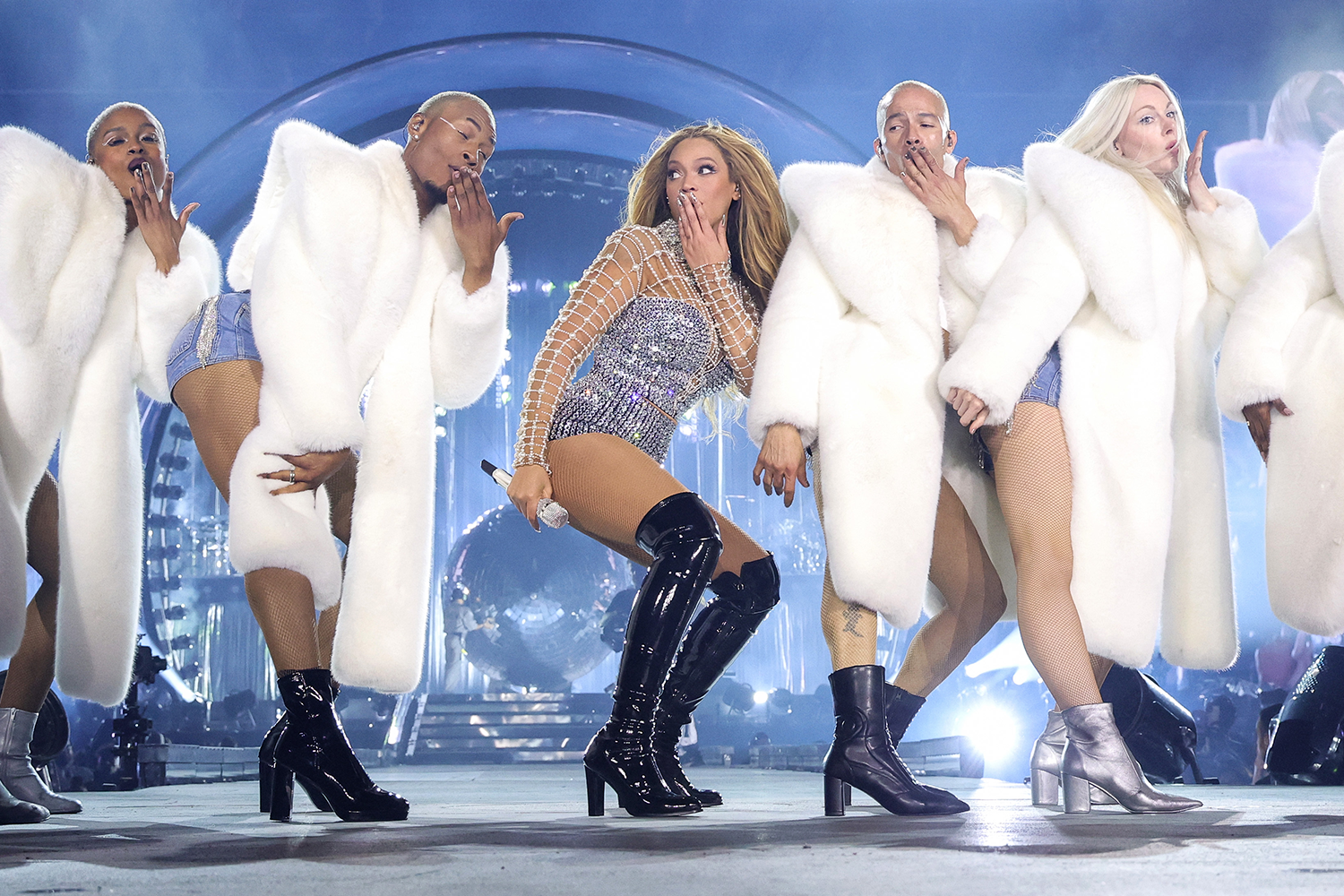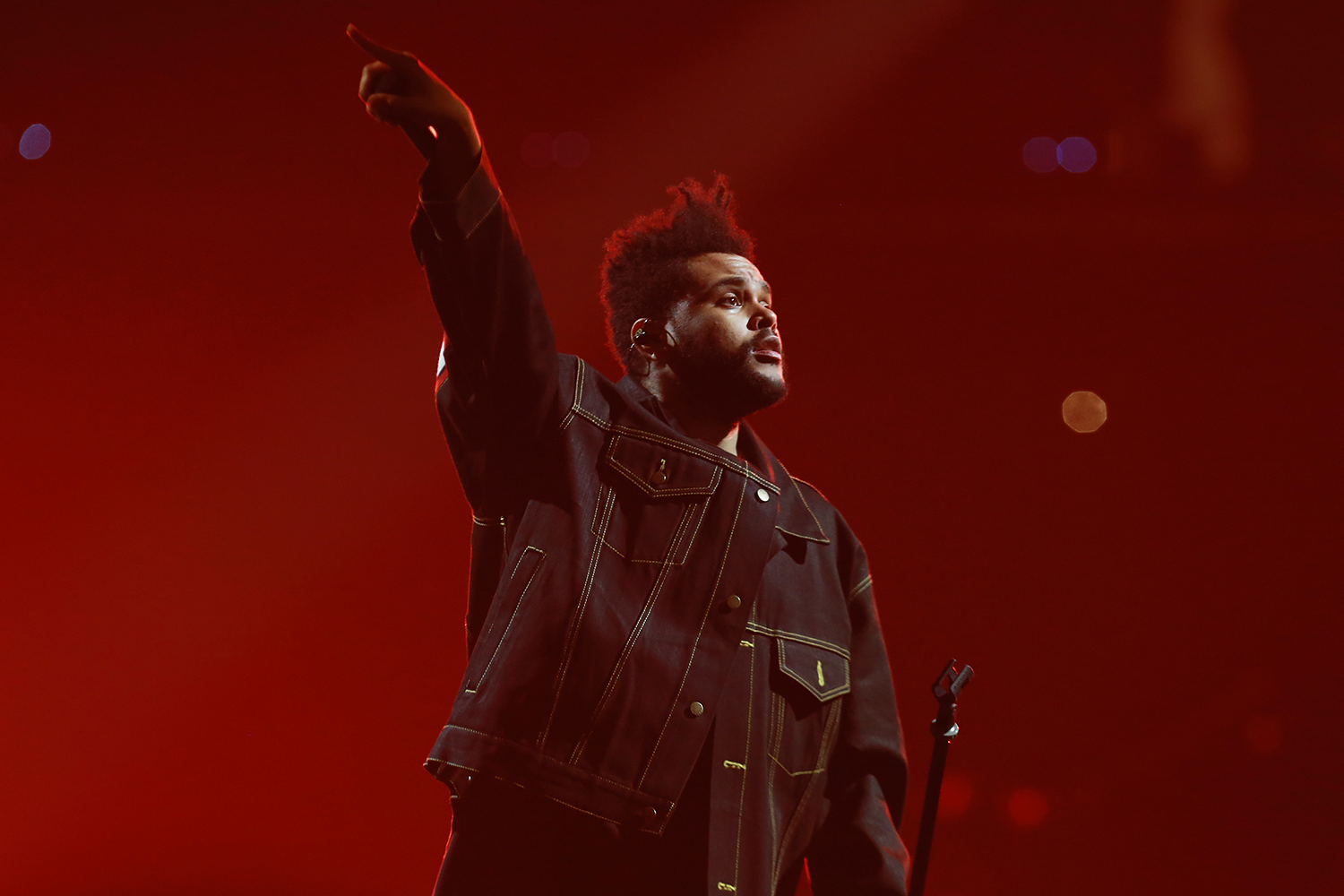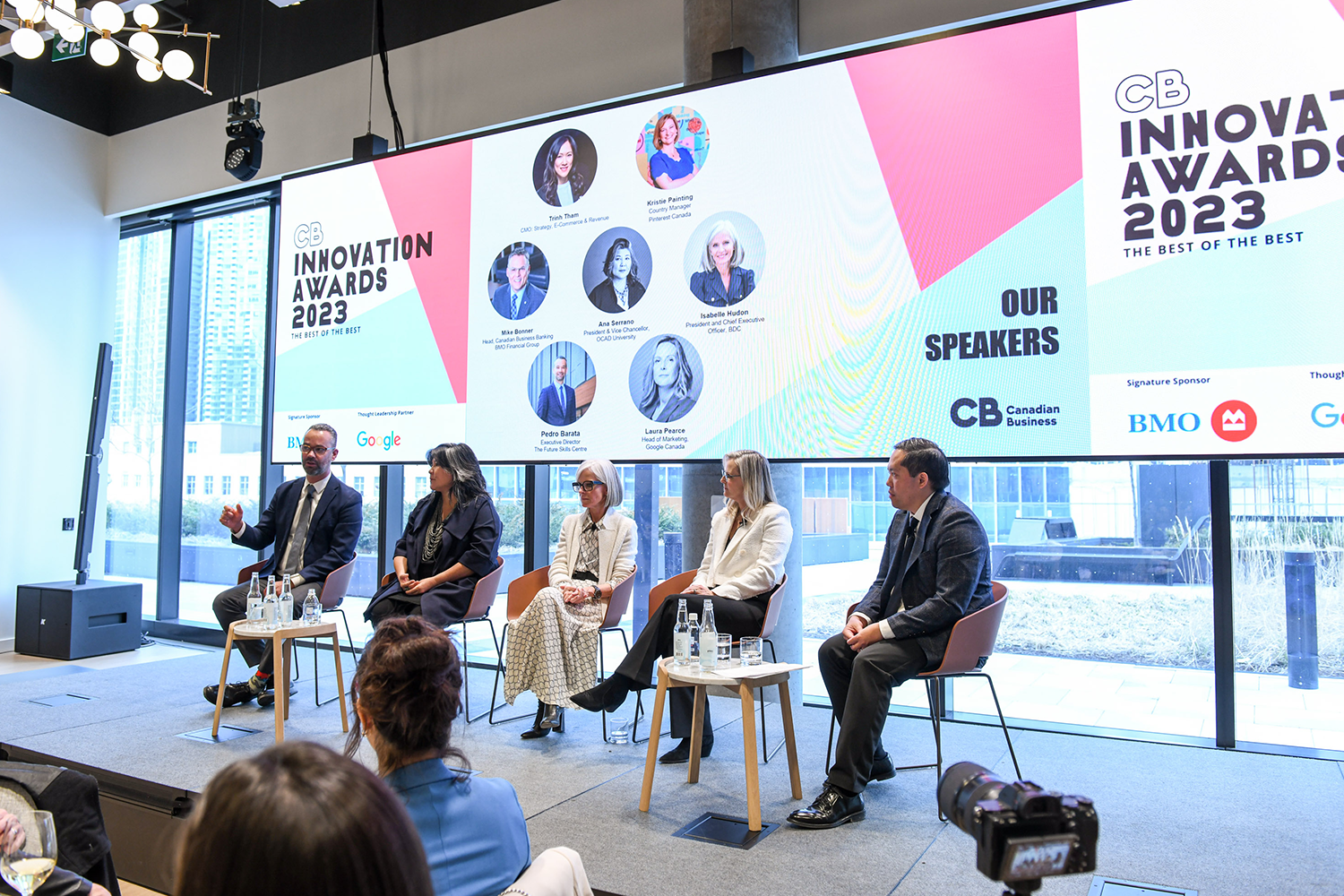Hold Up: Is Beyoncé Saving the Economy?

The summer of concerts is officially underway, with big acts like Beyoncé, Bruce Springsteen and Ed Sheeran embarking on massive—and expensive—world tours. Many of the biggest artists in the world haven’t toured in years (thanks Covid), so the demand for tickets is at an all-time high, with some fans travelling great distances to see their favourite artists live.
All that extra spending on airfare, hotels, restaurants and other travel-related expenses (on top of historically high ticket pricing) has impacted local economies. In Sweden, for example, economists are pointing to Beyoncé’s Stockholm dates of her Renaissance World Tour as the culprit behind the country’s slightly higher-than-expected inflation rate in May. Micheal Grahn, the chief economist at Danske Bank in Sweden, blamed the month’s 9.7 per cent inflation rate (which was about 0.2 per cent higher than predicted) on the “Beyoncé blip” after fans of the singer flocked to the Swedish capital for the opening night of the tour, leading to higher costs for hotels, restaurants and other services. “Perhaps all that isn’t just down to her, as there are other events taking place, but when you think about what was the cause, she is the prime suspect,” Grahn told CNN.
But how much of an impact do concerts really have on the economy?
One-off (or even weekend-long) events like a Beyoncé concert definitely have an impact, says David Soberman, a professor of marketing at the Rotman School of Commerce at the University of Toronto. “When someone like Madonna comes to Toronto, my guess would be that 50 per cent of concert-goers are coming from other places in Canada. That brings in a lot of business,” says Soberman, using the Material Girl’s upcoming August concert as an example. Local bars, restaurants, hotels and stores all get a nice sales boost when a big act comes into town—especially businesses near the music venue.
Related: Taylor Swift Invests in Discounted Closed End Funds. Should You?
What’s more, events like world tours, major conferences and sporting events are what makes cities attractive both for tourism and as places to live—which contribute to a thriving economy, says Soberman. He points to an October 2020 study by business-management consulting firm Nordicity that found that live-music venues in Toronto generate $850 million annually and provide the equivalent of 10,500 full-time jobs.
The pandemic gave us a look at what might happen to local economies when events like concerts and games disappeared. And it was bleak: StatsCan found that travel restrictions, lockdowns and event cancellations meant that all the industries in the arts, entertainment and recreation sector generated less than half of their pre-pandemic operating revenue in 2020, with spectator sports losing 52 per cent and event promoters losing 63.6 per cent. And, sales in food and drinking establishments were down 61.3 per cent in April 2020.
Concerts (especially for extremely popular artists for whom there’s a lot of anticipation like Beyoncé and Bruce Springsteen, who are both touring Canada this summer) have a bigger impact than other stadium events, like sports. While concerts typically have less attendees than large sporting games, “a significant number of people who go a sporting event are locals who just go to the game and then go home,” Soberman says. They’re not spending on accommodations, travel and food. Unless it’s a huge once-in-a-blue-moon moment, like when the Toronto Raptors won the 2019 NBA final, which actually expanded Canada’s GDP by 0.2 per cent back in May 2019.
Whether or not a single, big event has a sizable impact on the economy is hard to quantify, but regularly hosting events creates vibrant cities—which is attractive to both tourists and residents. This ability to draw people into visiting and spend money is ultimately what makes a city’s economy thrive, says Soberman. In other words, singular events may cause blips in the economy, but a flourishing music, sports and nightlife scene has a long-lasting positive effect.
Related: How Toronto’s Visitor Economy Helps Businesses Thrive
So while concerts might not single-handedly make or break an economy, the Beyoncés, Springsteens and Sheerans of the world are bringing in business and spreading some much-needed post-pandemic joy.










